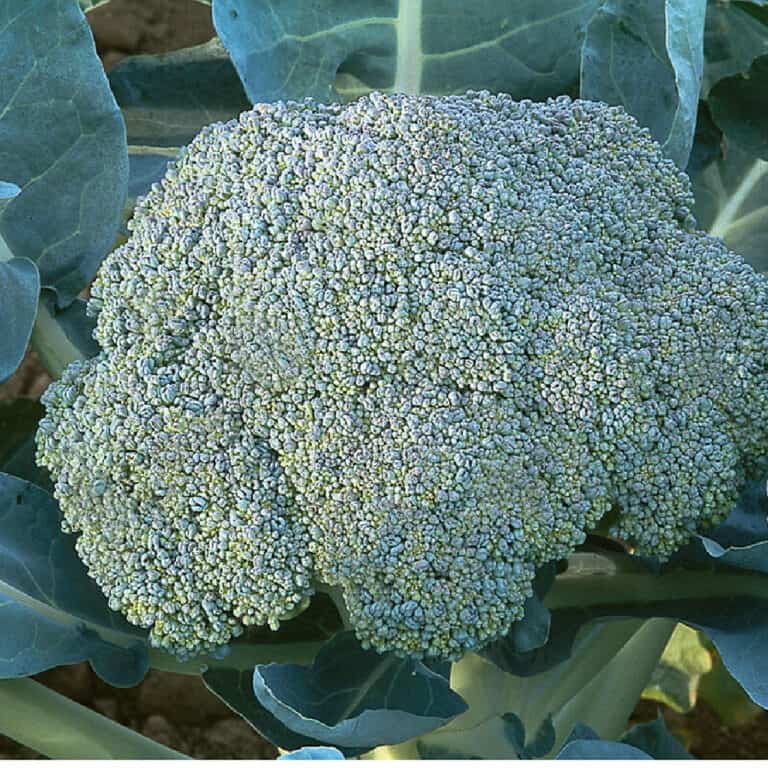Is Duck Healthier Than Chicken? The Ultimate Comparison You Need to Read

Choosing poultry for your meals often comes down to two popular options: chicken and duck. They’re both delicious, versatile, and staples in kitchens around the world. But if you’ve ever wondered whether one is healthier than the other, you’re not alone. I’ve had my fair share of duck and chicken dishes, and I can’t help but ask: Is duck healthier than chicken?
Let’s dig into the juicy details (pun intended) and compare these two birds to see what makes each unique in terms of health benefits, nutrition, and flavor.
The Basics: Chicken vs. Duck

At first glance, the two meats may look pretty similar, but once you start breaking down the numbers and nutritional information, the differences become clearer. I’m not here to make you choose one over the other (because honestly, both can be part of a balanced diet). But understanding what each brings to the table can help you make a more informed decision.
Chicken is often the go-to meat for lean, high-protein meals. It’s widely available, relatively affordable, and can be cooked in an endless number of ways. Duck, on the other hand, has a reputation for being a bit more indulgent. It’s richer in flavor and contains more fat, but that doesn’t necessarily make it less healthy. It just means you should consider your personal dietary needs before serving it up.
Nutritional Breakdown: Duck vs. Chicken
Let’s pull out the nutrition facts and see how each bird stacks up. A typical 3-ounce serving of cooked skinless chicken breast has around 140 calories, 26 grams of protein, and 3 grams of fat. That’s impressive when it comes to a lean protein source.
But when you look at duck, specifically roast duck breast with skin (the skin adds a lot of richness), you’re looking at around 200 calories, 23 grams of protein, and 12 grams of fat per 3-ounce serving. That’s a pretty significant difference, right? The increased fat content in duck gives it that silky texture and deep flavor that sets it apart from chicken.
Here’s a quick breakdown:
| Nutrient | Chicken Breast (3 oz) | Duck Breast (3 oz) |
| Calories | 140 | 200 |
| Protein | 26 g | 23 g |
| Fat | 3 g | 12 g |
| Cholesterol | 70 mg | 90 mg |
The Fat Factor: Healthier or Just Richer?

Now, this is where it gets intriguing. While chicken tends to be the leaner option, the higher fat content in duck isn’t necessarily a negative thing. Duck meat contains a higher percentage of monounsaturated fats, the type of fat that’s known to promote heart health by improving cholesterol levels. So, in moderation, duck can actually be a healthier fat option than chicken, depending on how you’re preparing and eating it.
The Skin Controversy: Is It Worth It?
One of the main differences between duck and chicken is the skin. Duck skin, when cooked properly, turns crispy and golden, adding another layer of richness to the meat. But that skin? The skin contains a significant amount of fat.
If you’re seeking a low-fat option, you might want to skip the skin. Without it, duck meat becomes a leaner choice and has a closer nutritional profile to chicken. However, the flavor just isn’t the same without that crispy, savory layer on top. It’s a trade-off between flavor and fat, and I’ll leave it up to you to decide which side you want to land on.
| Read: When to Harvest Ducks for Best Flavor and Texture? |
Other Health Factors: Duck vs. Chicken
Vitamins and Minerals
Both duck and chicken are rich in essential vitamins and minerals, though duck has a slight edge in certain areas. For instance:
- Duck tends to be higher in iron and zinc, two minerals that are important for immune function, blood health, and energy production.
- Chicken, however, often wins when it comes to B vitamins, particularly niacin (B3) and B6, which play crucial roles in metabolism and nerve health.
Omega-3 Fatty Acids
Here’s where duck really shines. Duck, especially if it’s pasture-raised, can provide more omega-3 fatty acids than chicken. These healthy fats are crucial for heart health, brain function, and reducing inflammation. Chicken can provide omega-3s too, but the levels are typically lower unless the chickens are fed a specialized diet.
Sodium Levels
When it comes to sodium, both chicken and duck are pretty comparable. However, if you’re buying precooked or processed versions (like duck confit or roasted chicken with added seasoning), sodium levels can spike. So, always check labels and choose fresh, unprocessed options when possible.
| Read: Is Raising Ducks Profitable? Counting the Costs and Gains |
The Flavor Factor: Does It Matter in Health?
Flavor can make or break a meal. Sure, chicken may be leaner, but duck’s rich, savory flavor is hard to beat. It’s a bit like comparing a plain biscuit to a buttery croissant. If you enjoy a flavorful meal and are looking for something a little more indulgent, duck can satisfy that craving while still offering nutritional benefits. Just be mindful of portion sizes, especially if you’re keeping an eye on fat intake.
The Verdict: Duck vs. Chicken – Which Is Healthier?
So, is duck healthier than chicken? The answer depends on your personal health goals and what you’re looking for in your meal.
- If you want a lean protein, chicken is the clear winner. It’s lower in fat and calories, making it the go-to for those on a weight loss or low-fat diet.
- If you’re looking for heart-healthy fats and a richer, more flavorful experience, duck can be an excellent choice. Opt for skinless duck breast or prepare it without the skin for a healthier alternative.
Ultimately, neither duck nor chicken is inherently better—it’s about balance. You can eat both in a healthy diet if you consider how you prepare them, what you pair them with, and your nutritional needs.
Final Thoughts: A Healthier Bird, But Enjoy in Moderation
In the end, duck isn’t a bad choice by any means. It’s just richer and more indulgent than chicken, so it’s best enjoyed in moderation, especially if you’re watching your fat intake. Both meats have a place in a balanced diet, and whether you’re enjoying crispy duck skin on a special occasion or sticking to grilled chicken for a weekday dinner, both can fuel your body with the nutrients it needs.
So go ahead and try duck if you haven’t already. Life’s too short not to indulge in the richer things—just don’t overdo it!






